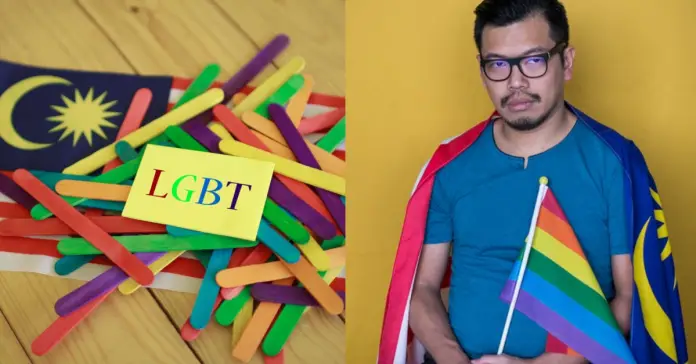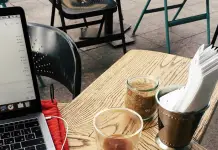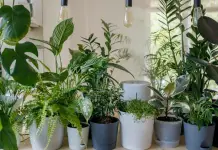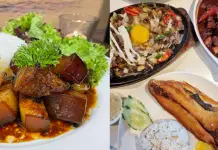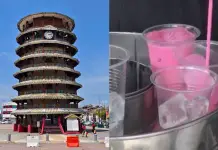It’s no surprise how the LGBTQ+ community seems to always have the spotlight, whether it is about a Malaysian standing up for their rights, or when the laws are being changed by the government. With the recent controversy about Sajat who was brought to the Syariah court for committing an offense, which is cross-dressing at a religious event, that apparently violates the Syariah law.
What Exactly is LGBTQ+?

For those who have been living under a rock, LGBTQ+ stands for lesbian, gay, bisexual, transgender, queer, and others such as pansexual. It’s a common term used among the community. Other terms you’ll hear often are ‘Queer Community’ or ‘Rainbow Community’. So if you happen to see a rainbow icon on social media, you’ll know it’s a sign of support for the LGBTQ+ community.
How Are They Being Treated By The Society?
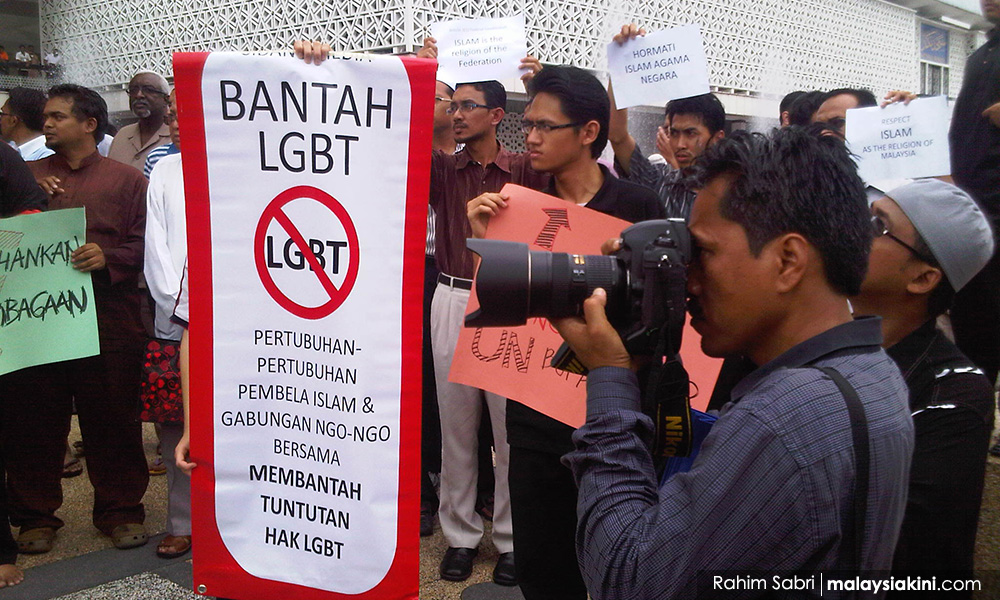
Pope Francis, as a respected leader in the West, is accepting the LGBTQ+ community and showing his utmost support, providing solace to the community, but the same cannot be said for our country, as our government is enforcing stricter punishments on those who go against the law.
For people who feel like they were born in the “wrong body”, or simply do not conform to societal norms of what is considered “normal”, being thrown in jail seems harsh. After all, they’re still human, just like us. There are more people who are more deserving of jail time and punishment, such as criminals who commit serious crimes such as murder and robbery, to name a few. They are criminals. These are violent, dangerous acts that could cause harm to the rest of the country, as opposed to the LGBTQ+ community, who are, simply put, born “different” than what we’re used to.
Not forgetting about a certain number of Malaysians that condemn and refuse to accept the LGBQT+ community. There are some Malaysians who go to the extent of refusing to be friends with them.
What The People of The LGBTQ+ Community Have To Say
A few weeks ago, I sent out a short survey to a couple of people who are LGBTQ+ to get some of their perspectives on living as LGBTQ+ in Malaysia. Questions such as the main challenges faced, opinions on how they are being treated by the public, and what they wish they could change in Malaysia. Through their answers, we can safely say that ultimately, it boils down to legal rights and acceptance.
1) No Legal Rights
In the survey, they emphasized their legal rights and for the laws to be dropped. We can see that clearly, in Malaysia, if you’re part of the LGBTQ+ community, you simply aren’t that safe. With horrifying events happening in our country such as a transgender woman getting killed and beaten up to death, it won’t be the last time they’ll face such violence from the public.
2) Lack of Acceptance & Support
Most of them mentioned the ultimate challenge they face is not being respected and accepted by society. This was also something they wish the society would change in the next few years while offering more support towards them.
Bad Things Aside, Not All Hope Is Lost

With the certain number of people in our society not accepting the LGBTQ+ community, we wondered, what about their loved ones? Do they know about it, and are they accepting?
Thankfully, one person mentioned that though her mother wasn’t supportive due to the fact it can be dangerous, her surrounding peers including bosses, colleagues, and friends were extremely supportive.
One of them shared, “My mum was not accepting of it because she thinks it’s not safe for me (which is true) but all my friends, colleagues, bosses, have been extremely supportive.”
Malaysia’s Very Own LGBTQ+ Movies
Other parts of the society that are supportive would be the film industry. The cinemas are where LGBTQ+ people are able to feel understood, with more than a few Malaysians’ LGBTQ+ movies are allowed to be shown. At the very least, there was no backlash or a group of people requesting for these movies to be removed or banned.

1) Dalam Botol
The producer and director of the movie Dalam Botol are both Malaysians, with the aim of making a damn good movie and no intentions of making money. Despite that, the movie managed to gain around RM550,000 at the box office in Malaysia. The storyline is about a man called Rubidin who had a sex change operation because of his lover.
While the movie was controversial, it helped to raise awareness of the transsexual and homosexual communities in Malaysia.
2) Bukak Api
Bukak Api, created by a Malaysian named Osman Ali, is a documentary that tells a story about male-to-female transsexuals. Bukak Api actually stands for ‘open fire’ in English, which is what they call ‘sex with a client’.
To date, the documentary managed to spread awareness about HIV and AIDS, as well as the lives of transsexual or transgenders living in Malaysia, including those who are sex workers.
LGBTQ+ Organizations in Malaysia

We have plenty of LGBTQ+ organizations in Malaysia that thankfully, did not get shut down or banned as well. For times when a safe space is needed, that’s where these organizations come in. They offer a place for them to unite as one and be there for each other, especially to those that are going through a hard time as an LGBTQ+.
These organizations regularly hold support groups and events for the LGBTQ+ community. If you ever want to help them out by volunteering or if you happen to be needing some sort of support, consider joining them. Having supportive people around you is important, especially when the living conditions as an LGBTQ+ in Malaysia seems tough.
Is There A Future For The LBGTQ+ Community in Malaysia?
When asked in the survey on whether things will change in the near upcoming future, all of their answers were pretty straightforward – they don’t think anything will ever change for the LGBTQ+ community while living in Malaysia.

What they do hope, however, is for the public to be more accepting and understand the struggles they face on a daily basis. In short, have more compassion and empathy for them.
Although the future may be dim, thankfully, there are still kind and empathetic people in the country that makes it easier for them.


